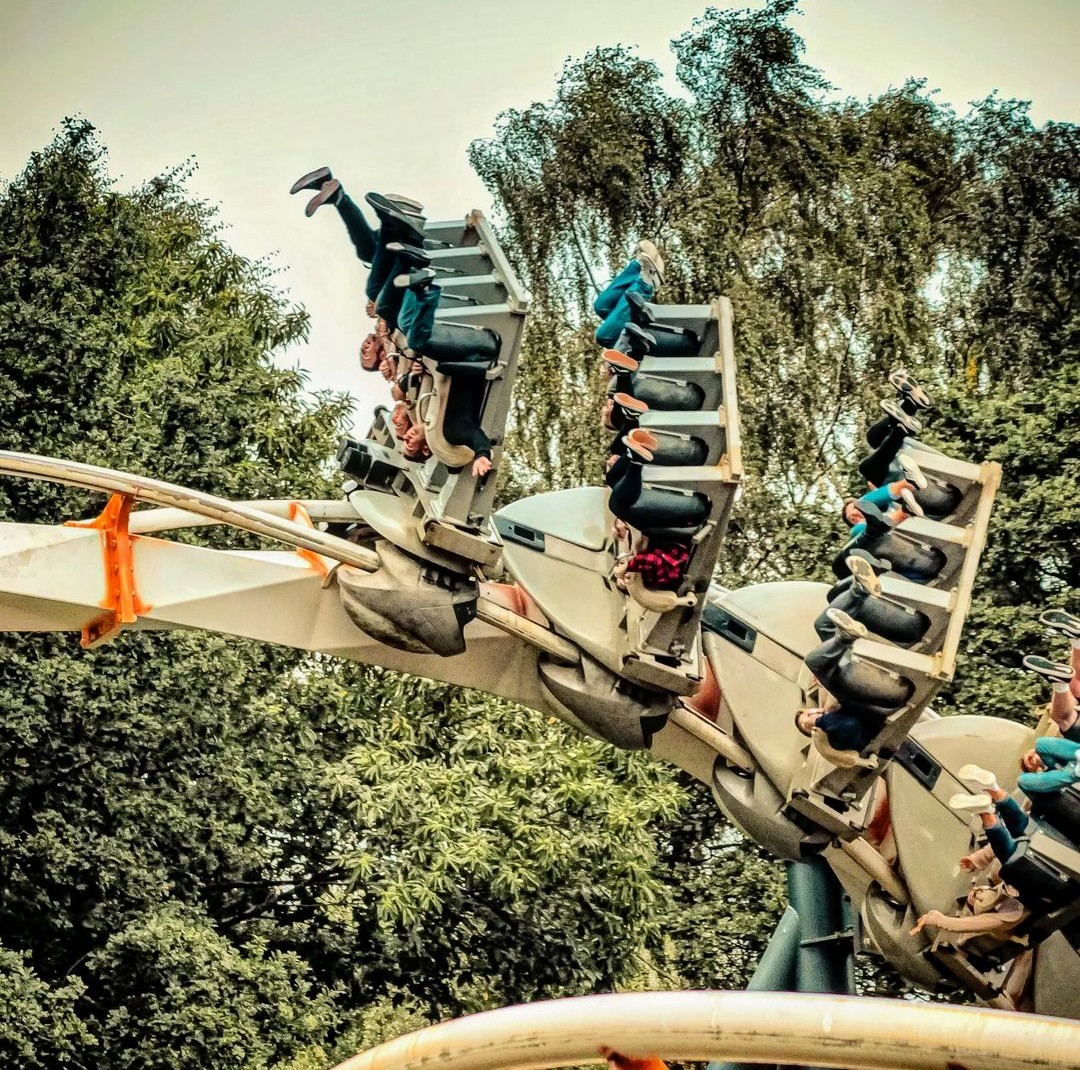Days out with our children with ASD can be challenging, but what about a child with autism and theme parks?
Below we dive into where and why they may be difficult and give you some tips to help enjoy the day.
Things to consider
We’ll start with the usual caveat in that each child on the autism spectrum is unique.
With that said however, autism often comes with sensory sensitivities, such sensitivities can be relevant with theme parks.
Bright lights, loud noises, crowded spaces, and unfamiliar surroundings can be overwhelming for autistic children.
Even things like short queues can be distressing.
So understanding your child’s specific triggers and sensitivities is the first step toward a successful visit to a theme park.
Before embarking on your theme park adventure, thorough planning is essential.
Here are some crucial steps to consider:
Plan in advance
It will no doubt help towards an enjoyable day if you do some planning first.
Study the theme park’s website and any available resources to learn about the rides, attractions, and services they offer for individuals with special needs.
Many parks have designated quiet areas and accessibility passes to make the experience more comfortable.
These accessibility passes can be a good send because they allow for queue jumping during busy periods.

Kids with autism often love theme parks
Create a schedule
It may help to outline a rough itinerary for your visit, including breaks and rest periods. Once you have this schedule you can share it with your child.
Explain about the car journey and what is expected at the entrance of the park including things like bag searches.
You can also detail how you may have to go to a help point to pick up your queue jumping badge before going on any rides.
Knowing what to expect can help your child feel more at ease.
Use visual supports
Part of preparing your child with autism for a day at a theme park may be using visual supports.
Visual aids such as social stories, photos, or visual timetables to prepare your child for the visit.
These tools can help explain what to expect and reduce anxiety.
You can often find videos on YouTube of people documenting their day at a park. Via the above link you will find Theme Parks Worldwide’s channel. They have been to hundreds of parks documenting their trips.
These can really help autistic children to know what to expect.
Bring sensory supports and distractions
Bring sensory tools like noise-canceling headphones, fidget toys, or sunglasses to help your child cope with sensory challenges.
It helps sometimes to have a ‘break glass in case of emergency’ bag of toys to use at crucial points.
This could be when your child is getting distressed or is demanding something from a gift shop.
Communicate with your child
Depending on their level of understanding try to find a way they can communicate with you.
This could be in the form of a picture card if they are getting distressed or a simple sign.
Theme parks can be overwhelming for children with autism so they will take comfort in being able to pass on basic messages.
Ask for help
Don’t hesitate to ask for assistance from park staff when necessary. Many theme parks have trained employees who can help make your visit more manageable.
Perhaps 30 years ago the training and support wasn’t there, but it is now.
Most park employees have at minimum a basic understanding of autism and are more than happy to help.
Be patient
Understand that your child may have meltdowns or need extra time to process their surroundings.
If they have never been to a theme park before then so much will be alien to them.
Be patient and provide reassurance in whatever way you can.
Theme park support for autism
As mentioned above, theme parks have all kinds of layers of support for kids with autism.
Some which may apply are as below;
Quiet Areas: Many theme parks offer designated quiet or sensory-friendly zones where your child can take a break.
Accessibility Passes: Inquire about accessibility passes, which may allow your family to wait in a separate, less crowded area for rides and attractions.
Sensory-Friendly Shows: Some parks offer sensory-friendly shows with modified lighting and sound to provide a more comfortable viewing experience.
Summary – Autism and amusement parks
Trips to a theme park with an autistic child may be challenging, but with proper planning it’s possible to create a memorable and enjoyable experience.
Your child’s unique needs will always be at the forefront of your decisions.
By using the tips mentioned above, you can ensure that your family’s day at the theme park is filled with smiles and cherished moments.
Have fun!


I can recommend Chessington World of Adventures. Really accommodating and understanding.
Thorpe Park is the same to be fair to them.
They allow carers in for free too! Or they always used to.
Anyone got any experience of Florida? We’re thinking about doing the Disney thing next summer but fearful it’ll be a disaster.